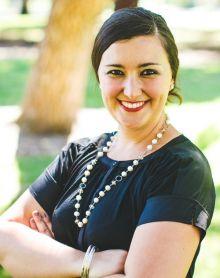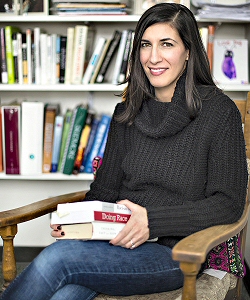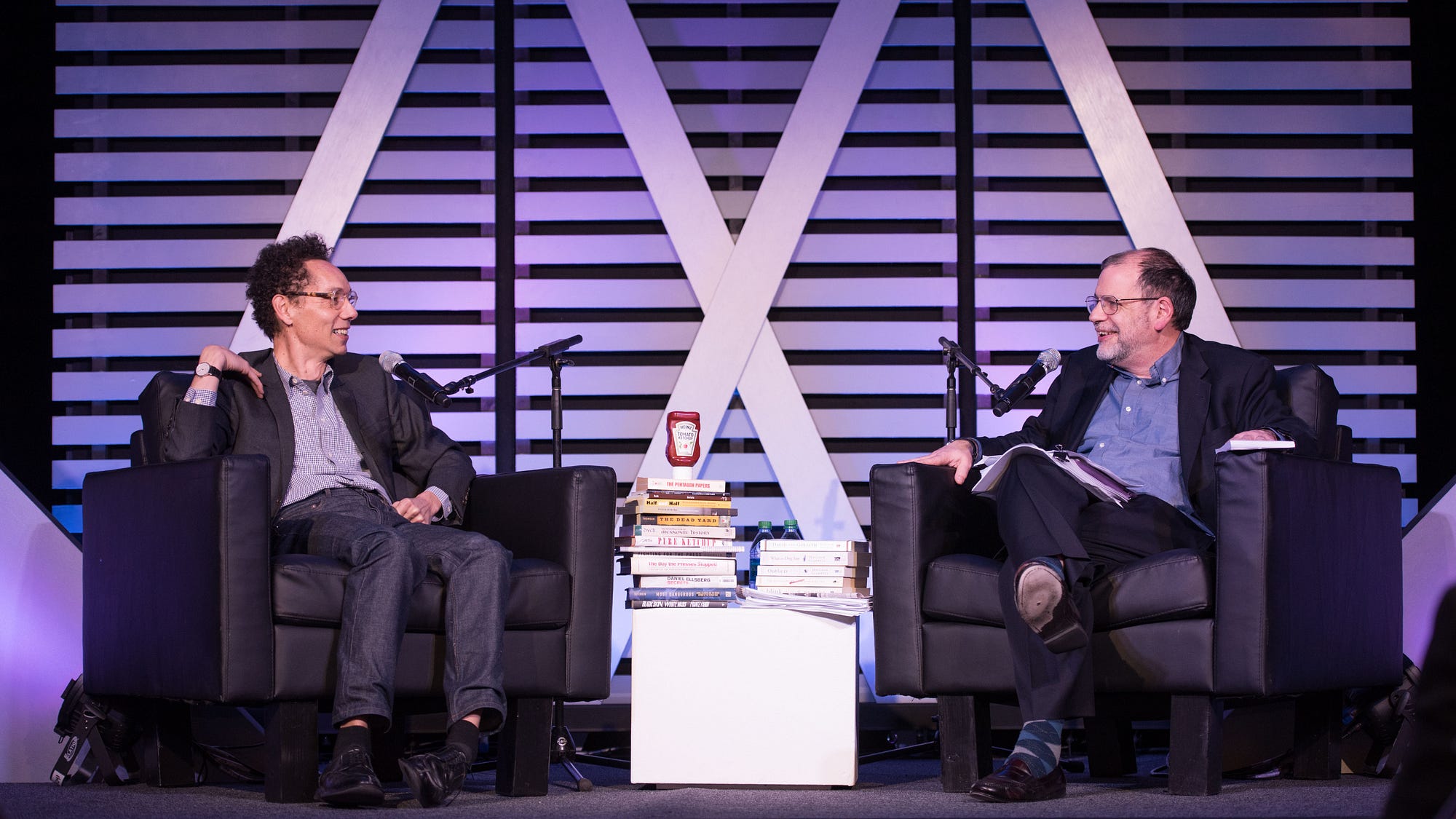Stop Weaponzing Biracial Children
Wear Your Voice: Intersectional Feminist Media
2017-03-16
Lara Witt
Philadelphia, Pennsylvania

Raising biracial or multiracial children isn’t a band-aid you can slap onto the festering wound that is racism.
Hi! It’s your local multiracial feminist here to remind you to stop weaponizing biracial and multiracial kids for the sake of making white supremacists angry. We have our own experiences, traumas and perceptions. We don’t simply exist to make people angry, so stop dehumanizing us as if we were grenades.
It’s been a common theme for a while now, and I remember hearing it countless times growing up: you have the best of both worlds and it’s people like you who will end racism! Cool. So, um, nope. It doesn’t work that way, in fact, it never has — and, very often, children with multiple ethnicities have identity issues and face a specific type of discrimination and racism.
I have always struggled with feeling like I didn’t belong anywhere: not white enough, not Kenyan enough, not Indian enough. I’m stuck at a crossroads where my understanding of blackness and whiteness is unique, and so it is rather alienating. I have dedicated my life to dismantling white supremacy, misogyny, colonialism and capitalism, but I don’t weaponize my racial identity to do so…
….It’s hard to ignore the underlying current of antiblackness when discussing bi-racial kids: when you want cute brown babies with European features and 3B curls, you’re talking about a dilution of blackness as a response to white supremacy, and frankly that doesn’t make sense. Frankly, I don’t want to be used as an example for your fetish of “exotic women.”…
Read the entire article here.





